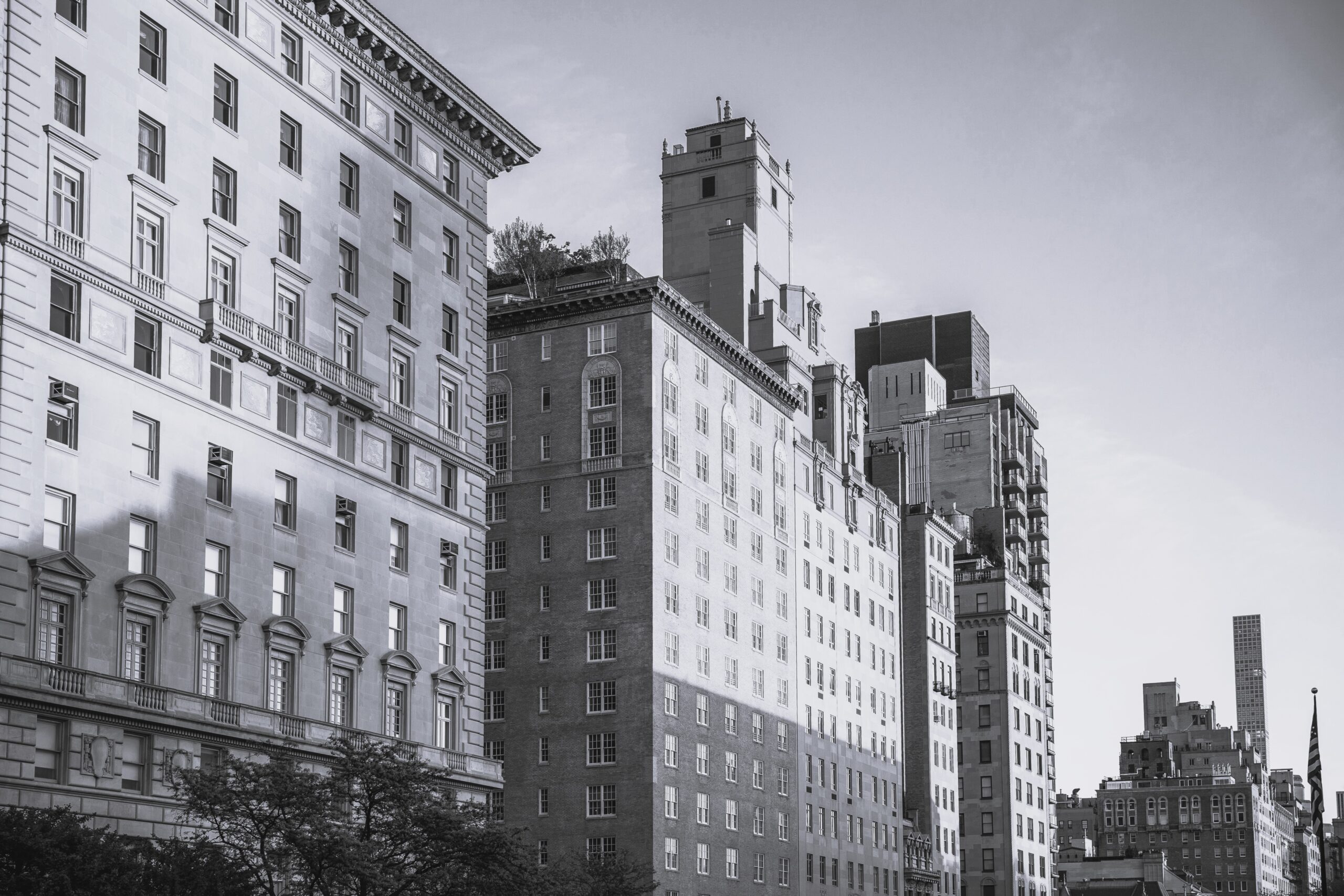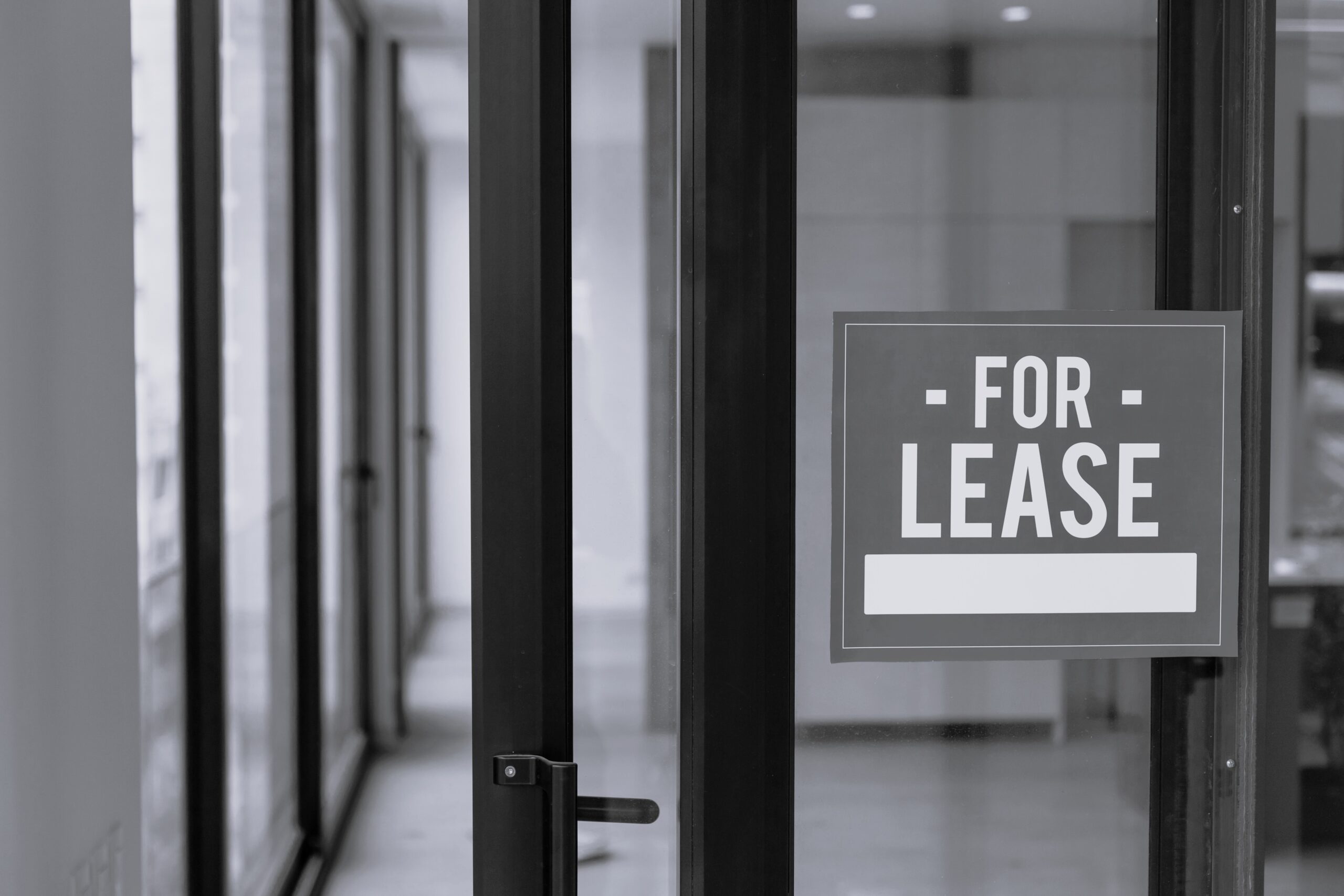FARE Act Now in Effect: What NYC Renters and Landlords Need to Know

As of June 11, 2025, the Fairness in Apartment Rental Expenses (FARE) Act, also known as Local Law 119 of 2024, is in effect after being upheld in court. The law significantly shifts how broker fees are handled in New York City apartment rentals – most notably, landlords can no longer require tenants to pay the landlord’s broker fees to rent an apartment.
The Real Estate Board of New York (REBNY) challenged the law on constitutional and other grounds, including arguments that it infringes on commercial free speech and is preempted by state law. However, the lower court upheld the law, and a request for a stay pending appeal was denied. As a result, the law is fully enforceable as of June 11.
Key Takeaways:
- Landlords must pay their own brokers – If a broker represents the landlord (including listing agents), they cannot charge the tenant.
- Tenants can still hire brokers – Tenants may choose to hire and pay their own brokers. But landlords cannot require tenants to use a broker or a dual agent (someone who represents both the landlord and the tenant in the same transaction).
- Fee disclosures are mandatory – Before lease signing, landlords must give tenants a signed, itemized list of all fees owed to the landlord or their agents. Ads must also clearly show all fees – and may not include illegal broker fees.
- Landlords can still charge for credit/background checks.
- Landlords are liable for their agents – If a landlord’s agent or listing broker improperly charges a fee, the landlord is on the hook – even if the landlord didn’t deal directly with the tenant.
- Applies retroactively to unpaid broker fees – Even if a lease was signed before June 11, 2025, no broker fee can be charged if it wasn’t already paid.
Enforcement & Penalties:
- Violations may result in fines of up to $2,000.
- Violators may also have to refund illegal fees.
- The law is enforced by the Department of Consumer and Worker Protection (DCWP) through hearings at OATH. Tenants may also sue privately to recover broker fees.
Potential Consequences for Tenants:
- Increased rents – Landlords may attempt to recover their broker fees by increasing the monthly rental amount. This increased rent ultimately passes the broker fee back onto the tenant in monthly installments.
Adherence to the FARE Act marks a significant change in New York City’s rental framework, and both landlords and tenants should take care to understand their respective obligations to ensure full compliance with the law.
As the law continues to evolve on these matters, please note that this article is current as of date and time of publication and may not reflect subsequent developments. The content and interpretation of the issues addressed herein is subject to change. Cole Schotz P.C. disclaims any and all liability with respect to actions taken or not taken based on any or all of the contents of this publication to the fullest extent permitted by law. This is for general informational purposes and does not constitute legal advice or create an attorney-client relationship. Do not act or refrain from acting upon the information contained in this publication without obtaining legal, financial and tax advice. For further information, please do not hesitate to reach out to your firm contact or to any of the attorneys listed in this publication. No aspect of this advertisement has been approved by the highest court in any state.
Join Our Mailing List
Stay up to date with the latest insights, events, and more







